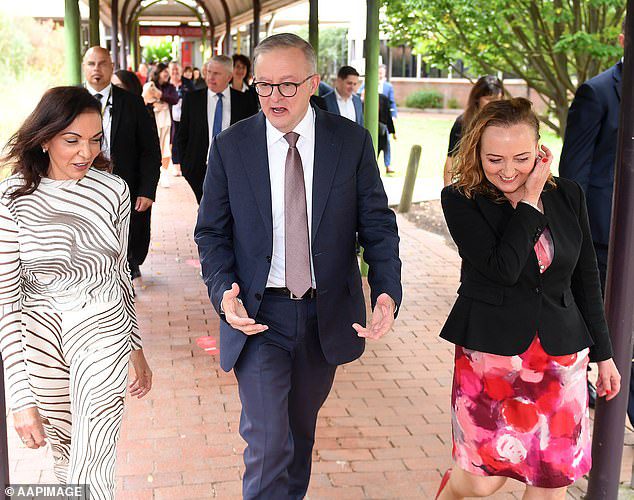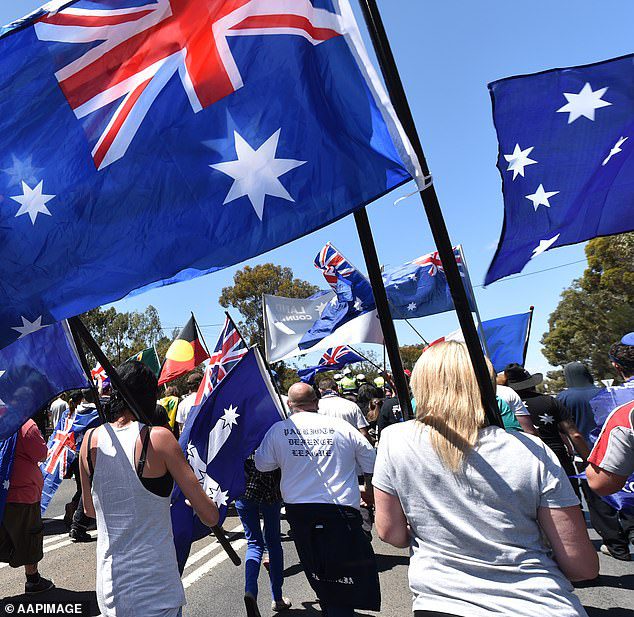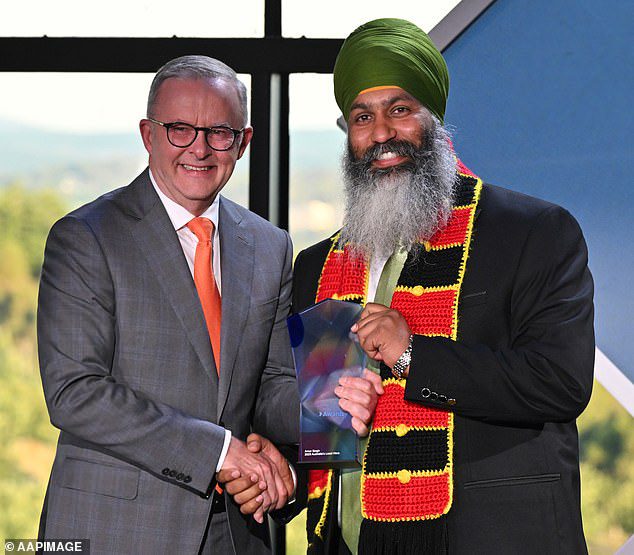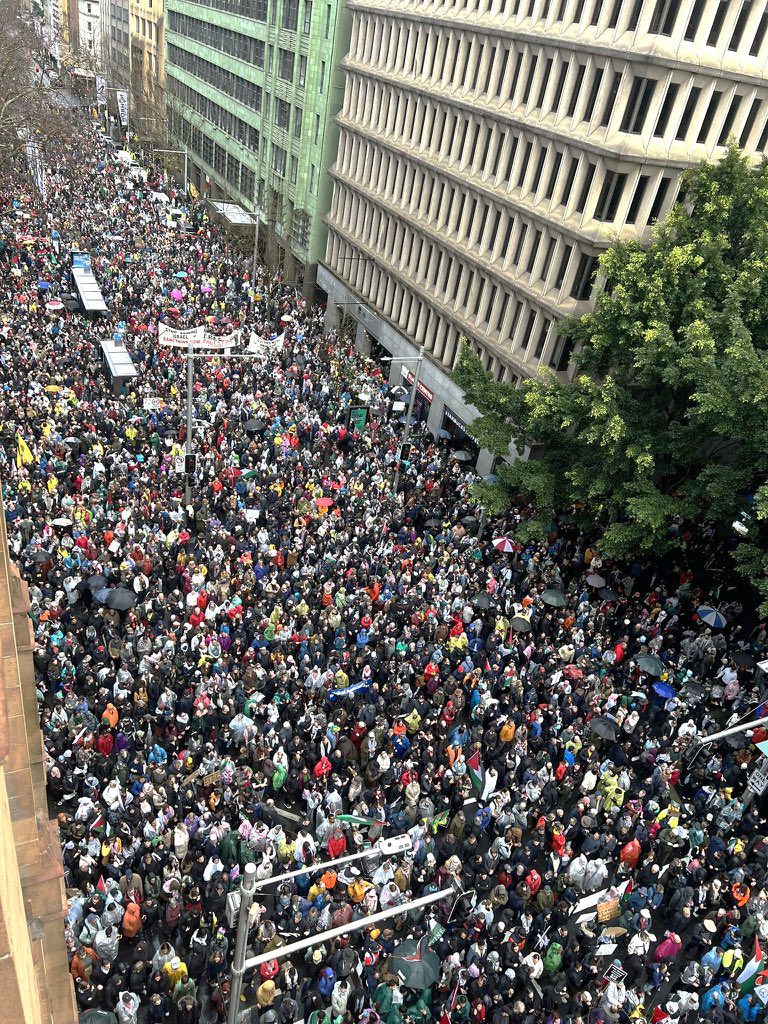Fact Check: Indian-Aussie Addresses Immigration Concerns

Understanding the Response to Anti-Migration Sentiments in Australia
In recent events, the Indian-Australian community has voiced strong opposition to an anti-migration movement that seems to target them unfairly.
This response highlights the importance of understanding migration in Australia, particularly for international job seekers and those considering moving to Australia or New Zealand.
What’s Happening?
The group called March for Australia is planning protests, claiming that what they refer to as “endless migration” is reshaping the country in ways that don’t reflect the wishes of many Australians. Their manifesto specifically singles out Indian-born migrants, suggesting that they are “replacing” Australian culture.
This argument has raised eyebrows, especially from members of the Indian-Australian community, who feel the claims are based on fear and misinformation. One proud Indian Australian named Jay shared that Indian migrants work diligently, contribute taxes, and bring cultural richness to Australia.
Fact-Checking Myths
Jay pointed out some important statistics that shine a light on the positive impact of Indian migrants. For instance, 79% of Indian-born Australians are in the workforce, surpassing the national average of 61%. Additionally, their median weekly income is $1,015, significantly higher than the national average of $805.
He dismantled various myths put forth by anti-migration advocates:
Myth: Migrants overload infrastructure.
Fact: Planning shortfalls are often the underlying issue, not an influx of migrants. Moreover, migrants contribute taxes that support hospitals and schools.
Myth: Migrants do not integrate.
Fact: Indian Australians actively participate in civic life by volunteering, voting, and adapting to Australian culture.
Jay highlighted that over 784,000 Australians report Indian ancestry, showcasing the vibrant contribution this community makes to the national narrative.
Concerns About Integration
However, not everyone within the Indian-Australian community agrees on the portrayal of migration. Architect Sameer Dhanda raised concerns about certain individuals who may struggle with integration. He noted that some people enter the country without the necessary skills or English proficiency, contributing to negative perceptions.
Dhanda stressed that Australia’s immigration system should focus on attracting high-performing professionals. This would ensure that new arrivals are equipped to adapt and thrive, thus enhancing the nation’s workforce.
A Broken System?
Another anonymous Indian international student expressed frustration with the current immigration system, stating it fails to identify and support candidates who genuinely contribute to Australia’s economy and society. Instead, it often favours those who may not add much to the skilled workforce.
Despite these concerns, the March for Australia group has faced criticism. Influencer Abbie Chatfield labelled the protests as “racist” and “bigoted,” while government officials, including Home Affairs Minister Tony Burke, denounced the movement, emphasizing that it doesn’t align with Australian values of inclusion and community harmony.
Key Takeaways for Job Seekers
If you are an international job seeker hoping to migrate to Australia or New Zealand, understanding these socio-cultural dynamics is crucial. Here are some points to consider:
- Skill Shortages Australia has skill shortages in various sectors. If you possess skills in demand, your chances of securing a visa may increase.
- Visa Types: Familiarise yourself with different visa options. The 482 visa allows skilled workers to work in Australia for a sponsoring employer, while the 189 visa and 190 visa are skilled migration visas that lead to permanent residency.
- Civic Engagement: Embrace the local culture and community. Participation in civic activities can enhance your integration and acceptance in the society.
- Professional Development: Consider pursuing qualifications that are recognised in Australia. This will improve your employability and align with the country’s needs.
Understanding these aspects can not only help you navigate the migration process but also contribute to your successful settlement and integration into Australian society.
What do you think?
Have a question about this topic or your own plans to move to Australia or New Zealand? Scroll down and leave a comment. We’d love to hear from you.
Thinking about moving to Australia?
Join our free and supportive community at Oz Visa Forum.
Post in our forums to get advice and support from people who’ve already made the move.
Not sure where to start? Click here to get started







Responses